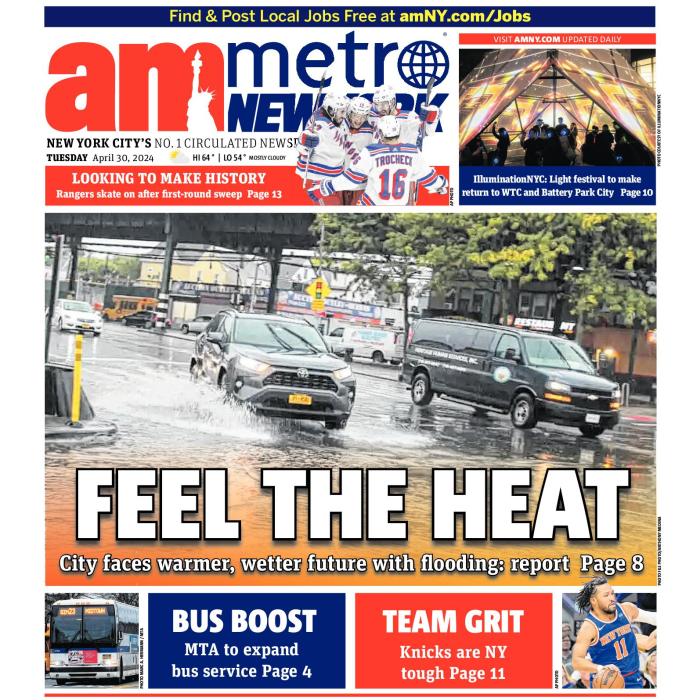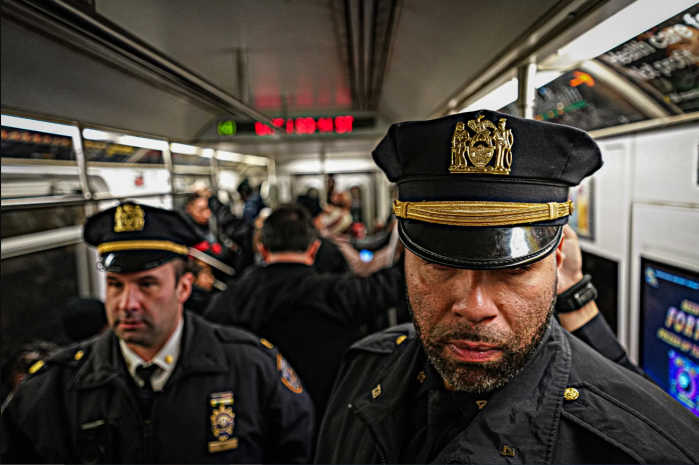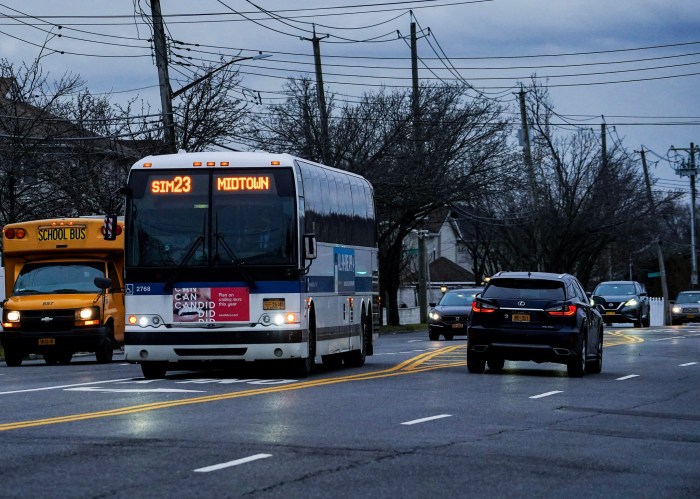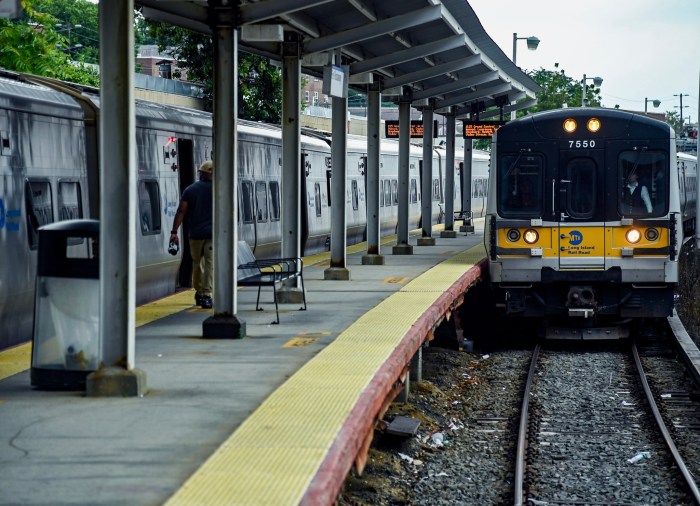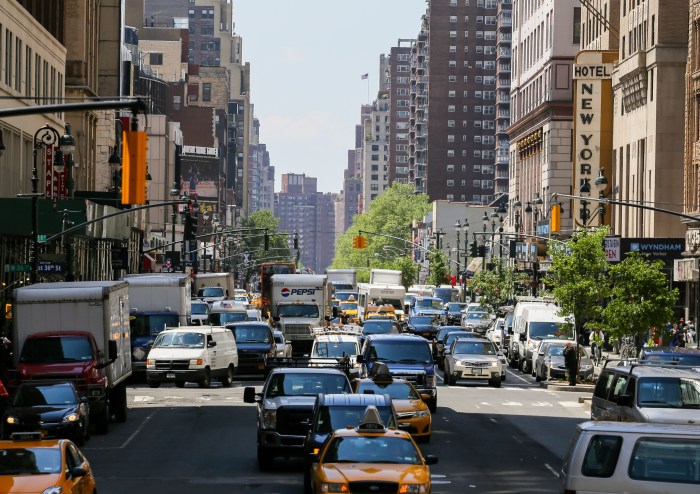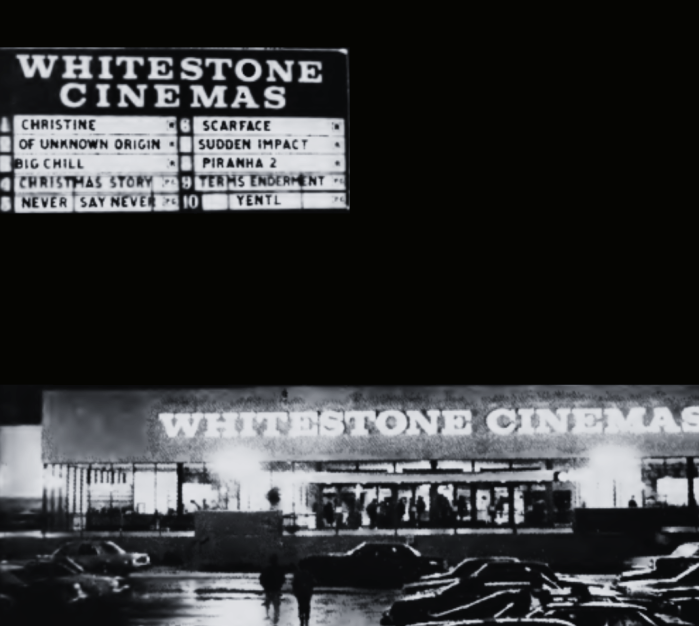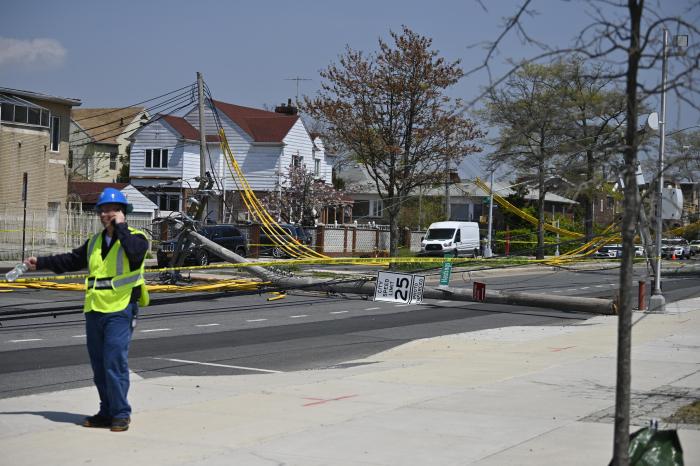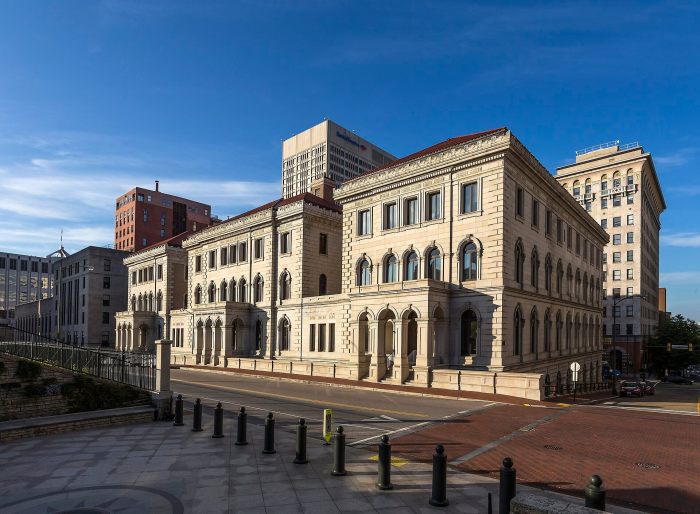The MTA says it will send New Jersey some of the revenue it derives from congestion pricing to blunt negative impacts of the tolling scheme on certain Garden State communities, the agency’s chief Janno Lieber said Wednesday.
At a breakfast event hosted by Crain’s New York Business, Lieber told assembled guests that the agency’s final proposal for the central business district toll would send some money over to New Jersey, similar to commitments the agency made in the Bronx to mitigate the impacts of an expected increase in truck traffic in some areas.
The MTA is currently hopping the final bureaucratic hurdle before it can implement the toll to drive into Manhattan south of 60th Street by June. Most motorists would be charged $15 under the proposal, with higher rates for trucks and overnight discounts.
The federal government must acknowledge that the proposal, slightly tweaked from that presented last year in the agency’s environmental assessment, is consistent with the feds’ previous “finding of no significant impact” to the environment regarding the plan.
“We have given [the feds] all the material so that they can make their final review,” Lieber told the audience at the New York Athletic Club Wednesday morning. “And lo and behold, the presentation that we made to the feds does call for some allocation of mitigation dollars to New Jersey.”
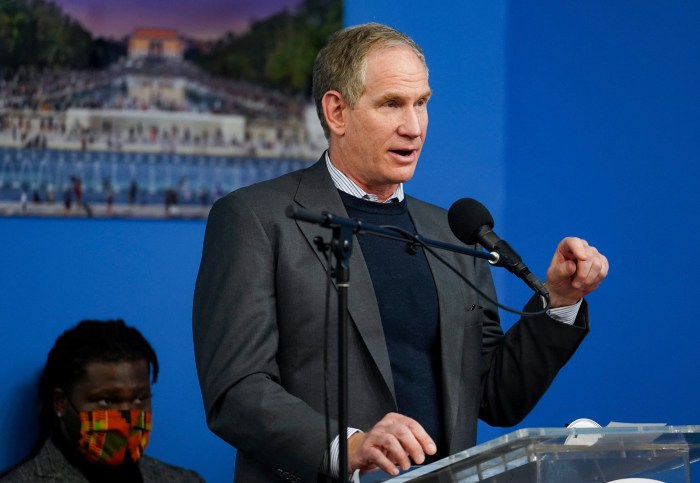
Lieber would not divulge specifics when pressed by reporters outside the venue.
“The way that all of this is determined is allocation by the number of people who are in areas that are impacted by additional truck traffic,” Lieber said. “And New Jersey will get its share exactly on the arithmetic.”
Still, the news undercuts one of the core arguments being advanced by New Jersey in its federal lawsuit seeking to overturn congestion pricing: that the MTA committed significant money to mitigate harmful impacts where they may occur in New York, but failed to do so in New Jersey, including in “environmental justice” communities like Newark and Fort Lee.
In order to win federal approval, the MTA committed tens of millions of dollars in investments to mitigate impacts in the corridor of the Cross-Bronx Expressway, which is expected to see an increase in truck traffic as drivers avoid the Manhattan toll. Those investments would fund electrifying refrigeration trucks at the Hunts Point Market, installing air filtration systems in nearby schools, and planting vegetation along busy roads.
What mitigation could mean for New Jersey is less clear. One lawyer for the MTA, Mark Chertok, said in court this month that the steps would be “fine-tuned” over time, while another lawyer, Elizabeth Knauer, said New Jersey will benefit from “regional mitigations” like clean electric trucks, as well as diesel trucks spending less time idling by making deliveries in the overnight hours.
A spokesperson for New Jersey Gov. Phil Murphy declined to comment for this story.
The MTA expects the congestion pricing plan will reduce motor vehicle traffic in Manhattan’s core by about 20%, concurrently lowering carbon emissions across the region. The agency expects to generate $1 billion in annual revenue from the toll for its capital program, funding the replacement of aging subway signals, making more subway stations accessible for people with disabilities, and buying electric buses, among other things.
Lieber said Wednesday that tolling gantries have been fully installed at ports of entry to the central business district.
A ruling is expected in New Jersey’s court case before the anticipated June start date. The MTA is also defending suits from the United Federation of Teachers and Staten Island Borough President Vito Fossella, Rockland County Executive Ed Day, and groups of local residents.

The long-running congestion pricing saga added another wrinkle on Tuesday, when it was reported that Randy Mastro, the prominent litigator representing New Jersey in its suit, is expected to be named the city’s Corporation Counsel by Mayor Eric Adams, according to the New York Times.
Mastro, a former deputy mayor under the Giuliani administration and current partner at King & Spalding, would likely have to take a substantial pay cut to accept the $253,000-per-year city job, for which he must first be confirmed by the City Council. He has contributed $6,100 to Adams’ 2021 and 2025 mayoral campaigns.
“I think it’s great that Randy Mastro got religion,” said Lieber, “and is back thinking first about New York City and not about New Jersey.”
